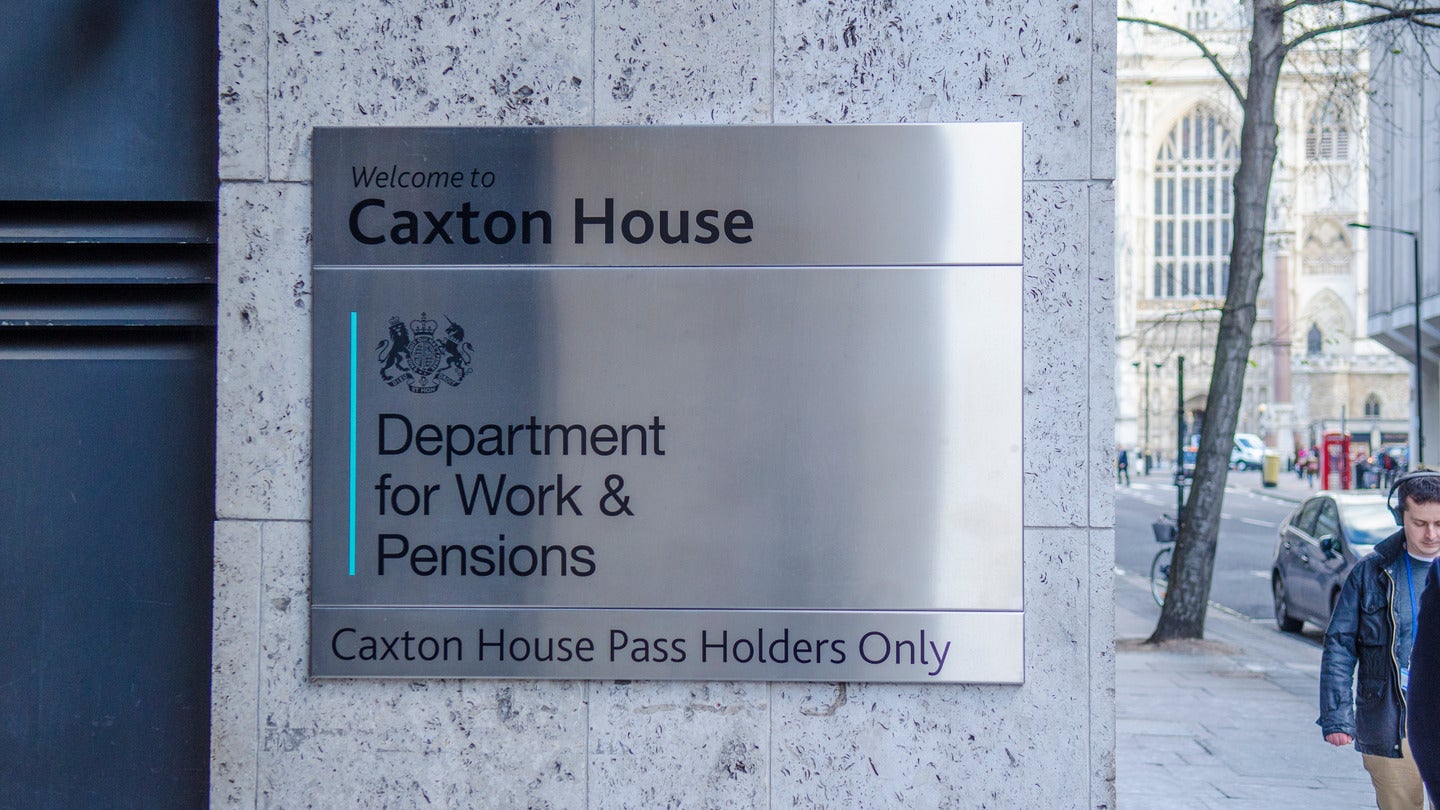
A late amendment to the UK’s Data Protection and Digital Information Bill, due to be voted on today (29 November), will give the Secretary of State new powers to direct banks to monitor bank accounts to surveil welfare recipients and people linked to those payments.
Under existing rules, the Department for Work and Pensions (DWP) is able to request bank account holders’ bank transaction details on a case-by-case basis if there are grounds to suspect fraud.

Access deeper industry intelligence
Experience unmatched clarity with a single platform that combines unique data, AI, and human expertise.
There are multiple powers that enable this, including the Proceeds of Crime Act 2002 which requires banks and building societies to notify law enforcement of suspicious activity. HMRC also shares banking data with the DWP on an annual basis, while open banking allows consumers to give third parties access to their financial accounts.
The new amendment, however, would allow the DWP to access welfare recipients’ personal data by requiring banks and building societies to conduct mass monitoring without any reasonable grounds for suspecting fraudulent activity.
The DWP’s impact assessment also notes that “the power is not limited to a specific type of data”, allowing for the collection not only of payment details but also possibly other highly sensitive information by proxy.
Section 3(a) also states that this monitoring can extend to anyone “linked” to the receipt of a benefit, but the precise scope of this “link” is not specified in further detail.

US Tariffs are shifting - will you react or anticipate?
Don’t let policy changes catch you off guard. Stay proactive with real-time data and expert analysis.
By GlobalDataA report by Big Brother Watch, a civil liberties and privacy campaigning organisation, suggests that this could extend to ex-partners, co-habitants, children, or even landlords.
“Big Brother Watch finds it wholly inappropriate for the UK Government to order private banks, building societies and other financial services to conduct mass, algorithmic, suspicionless surveillance and reporting of their account holders on behalf of the state in pursuit of its policy aims,” the report states.
“The government should not intrude on the privacy of anyone’s bank account in this country without very good reason, whether a person is receiving benefits or not. People who are disabled, sick, carers, looking for work, or indeed linked to any of those people should not be treated like criminals by default.”
“The DWP will be able to serve notices on banks, building societies and others to force them to algorithmically constantly monitor all their accounts to scrutinise ones associated with welfare payments,” Silkie Carlo, Director of Big Brother Watch, said on X/Twitter. “Then those banks have to report people/accounts that match certain criteria (according to DWP’s notice) to the government, who will then do further checks or ask for further data on them.”
The amendment would not only be a “phenomenal change for privacy”, it would also be “a total abuse of parliamentary process”, she added.
Chris Bryant, Labour MP for the Rhondda and Shadow Minister for Creative Industries and Digital, has filed a recommittal motion for today, calling for the bill to go to committee for further scrutiny.







